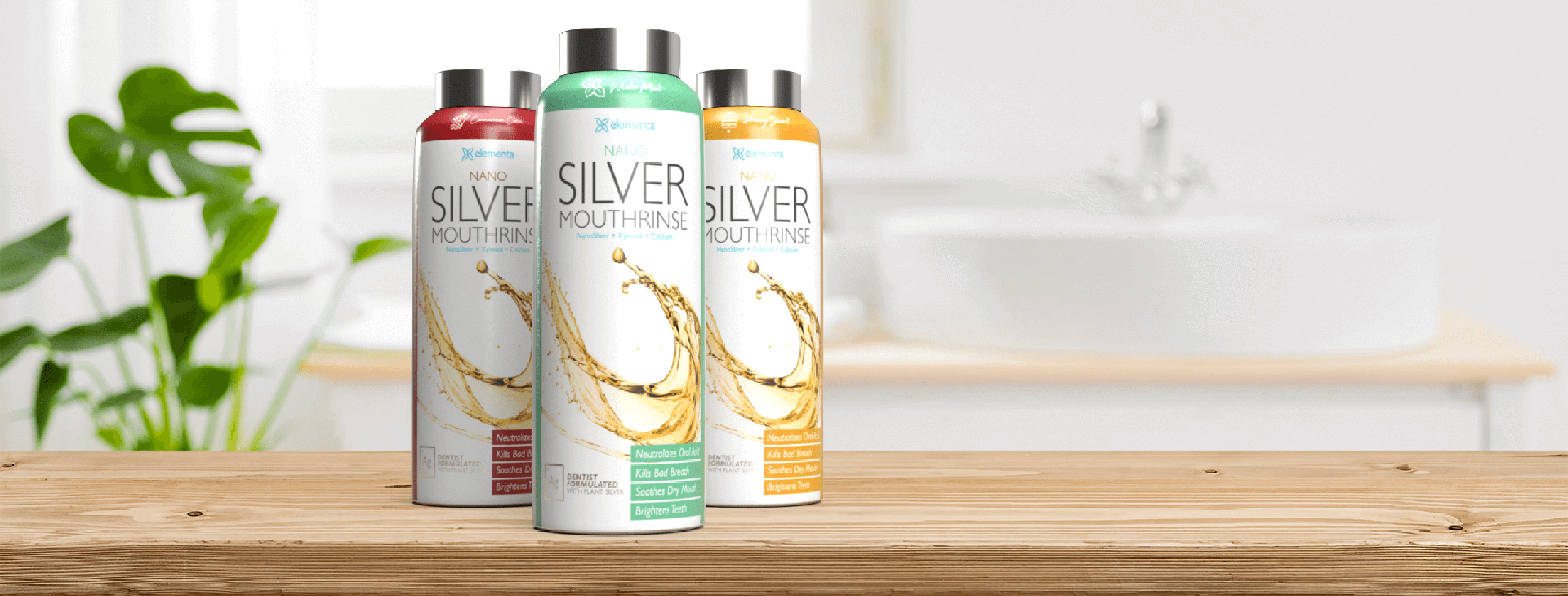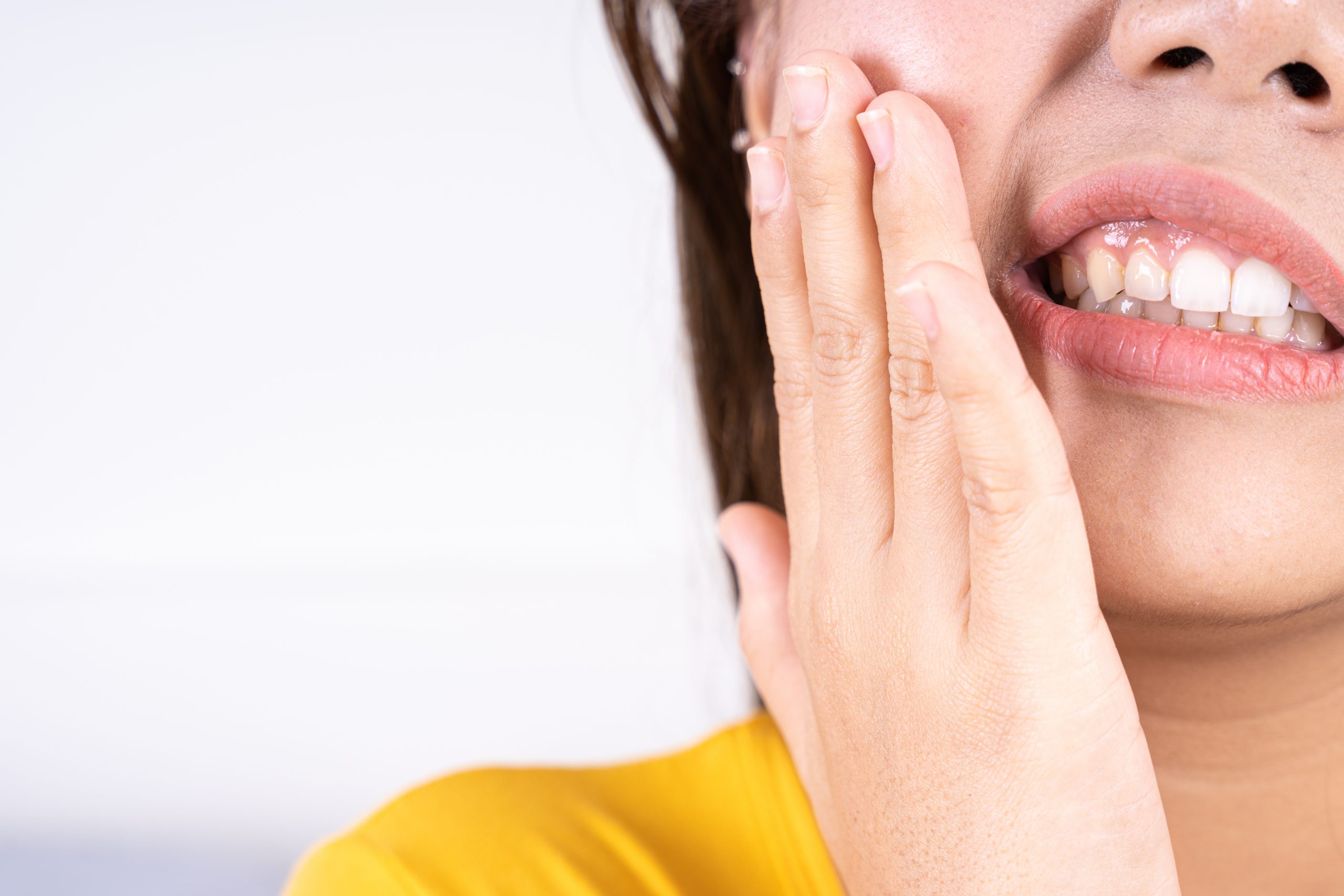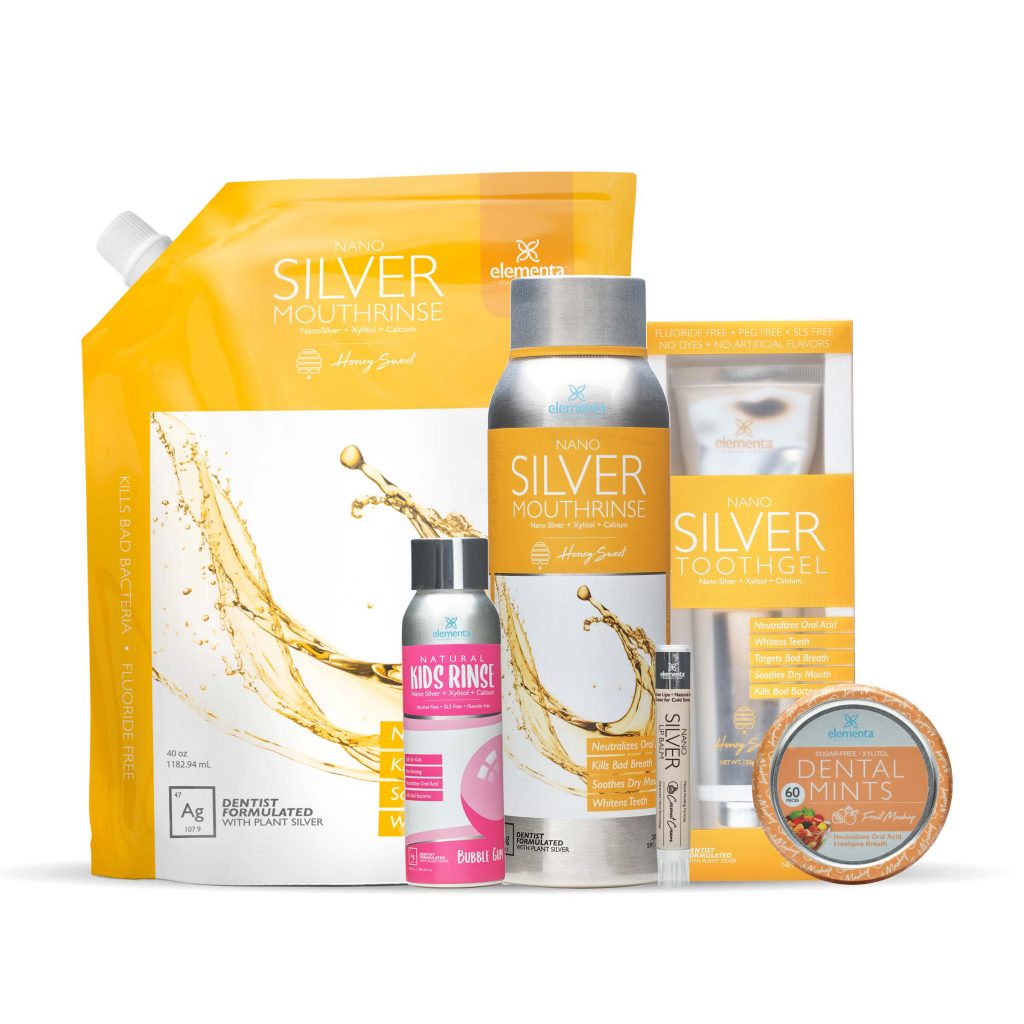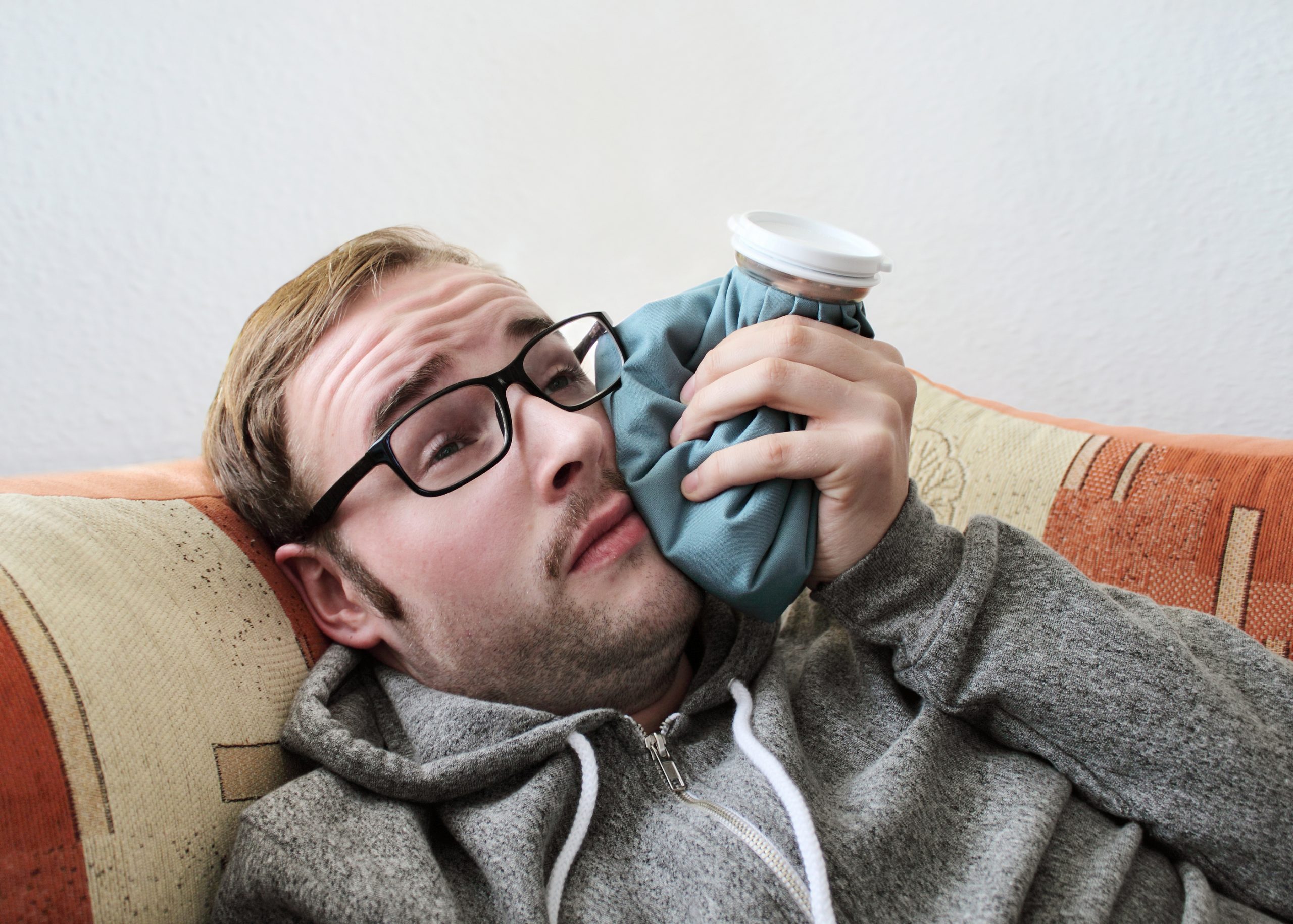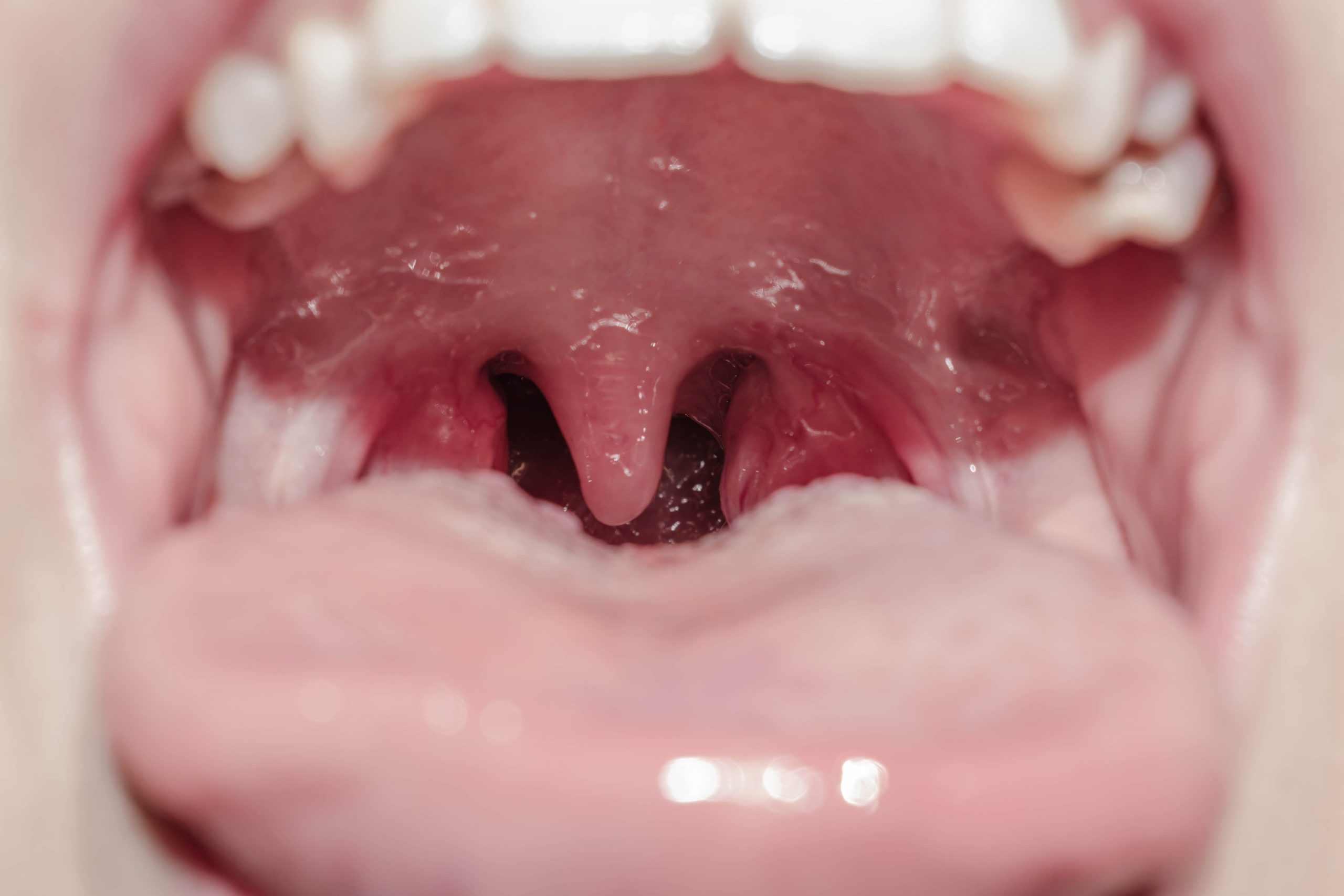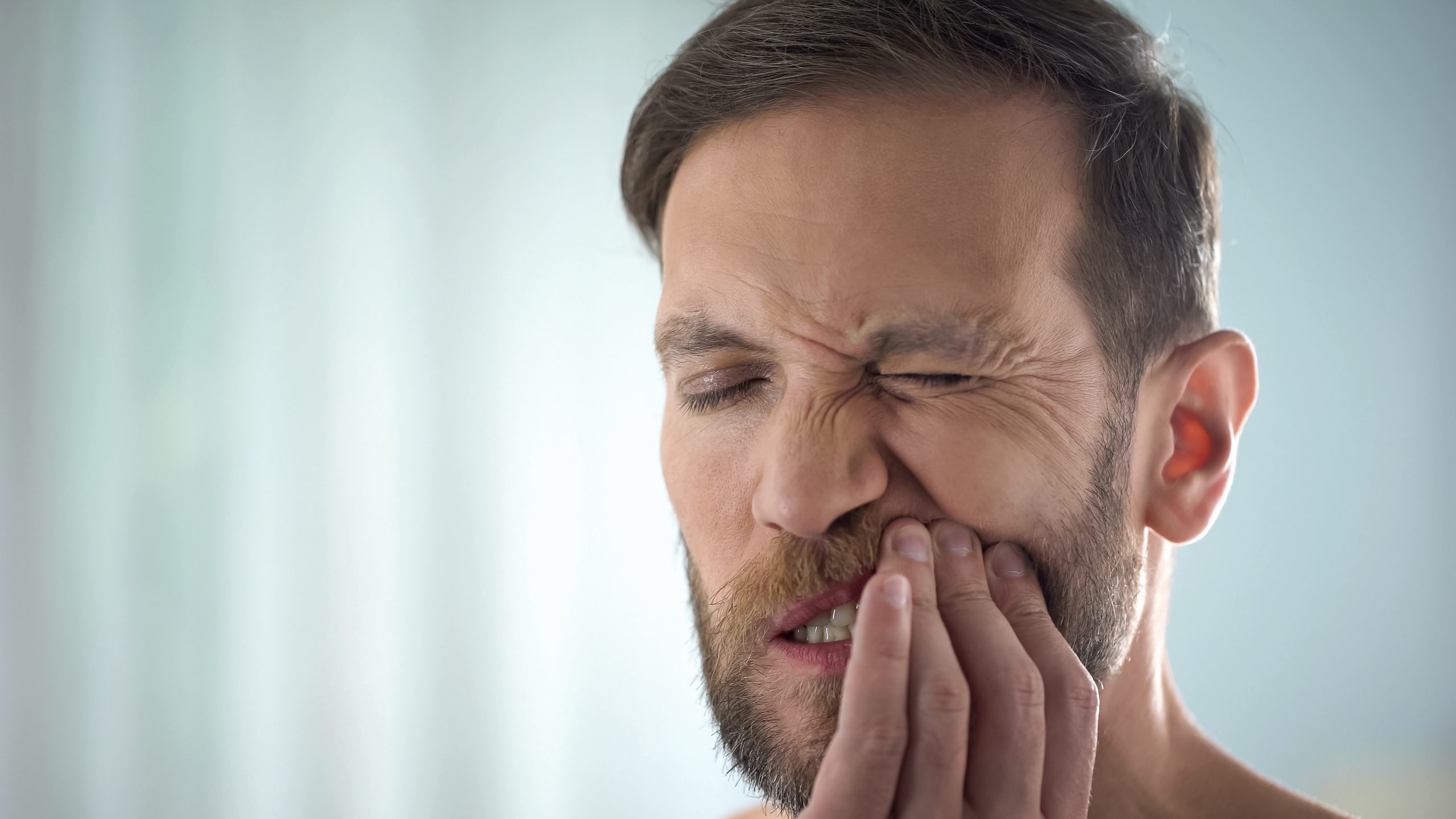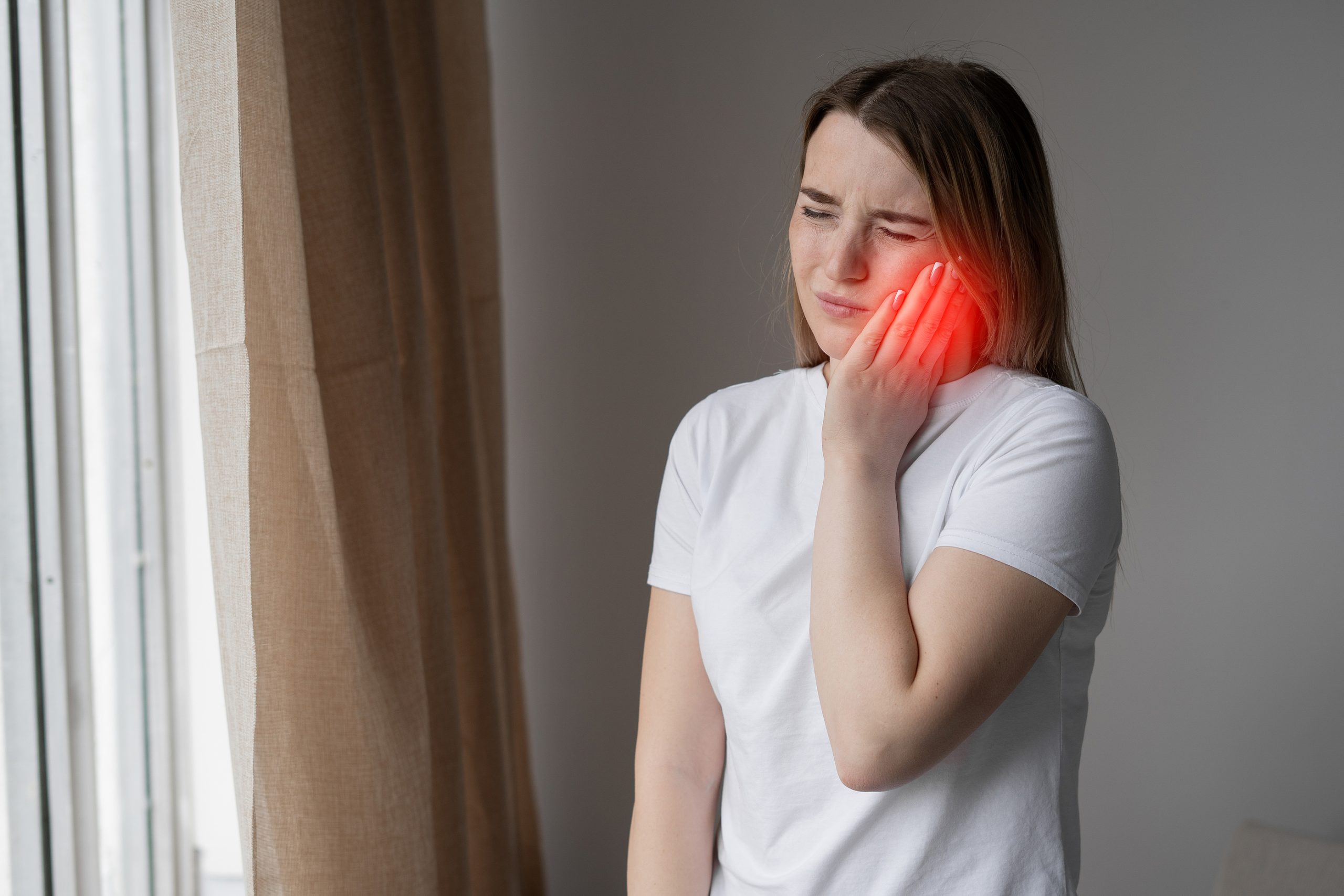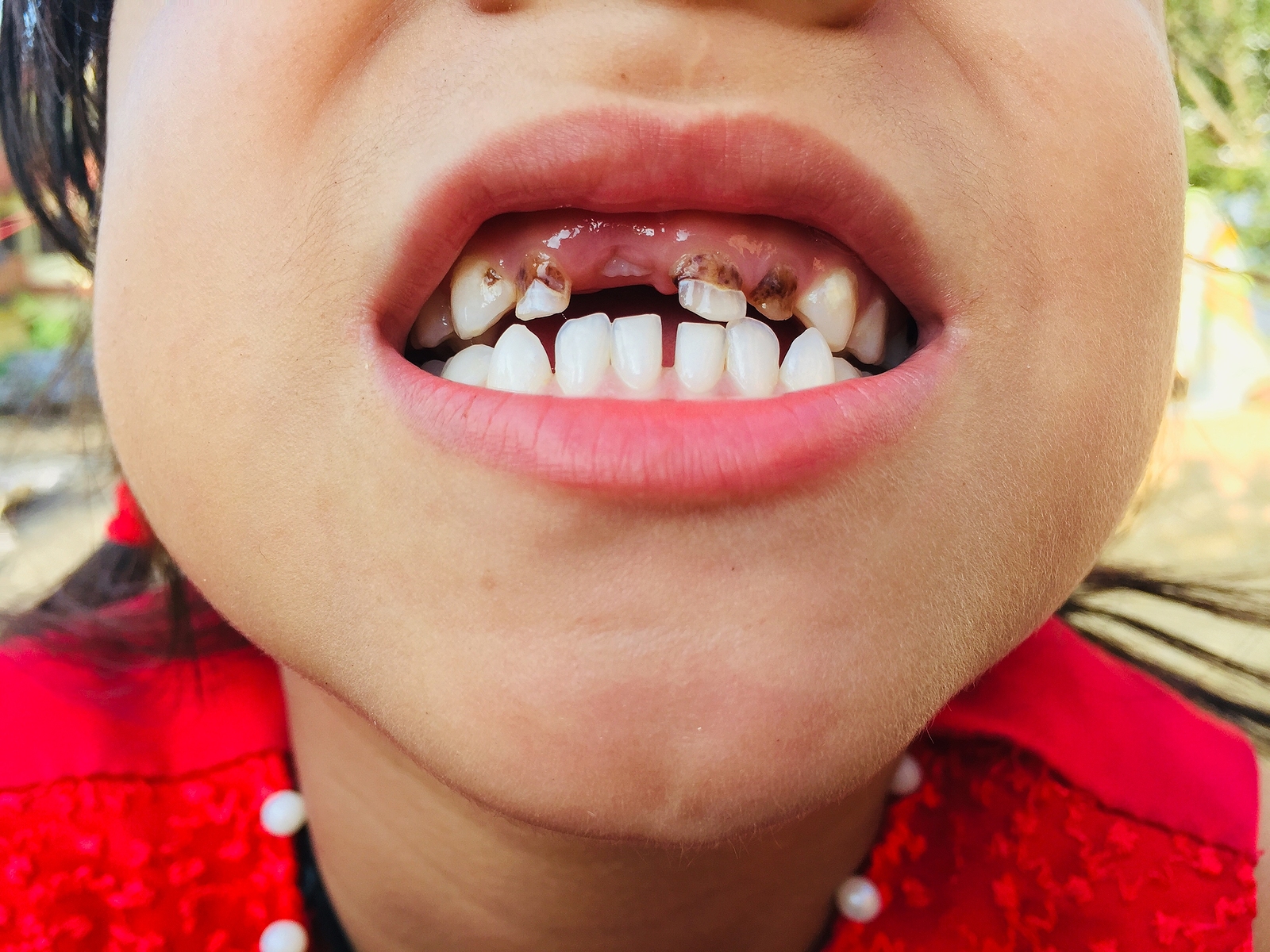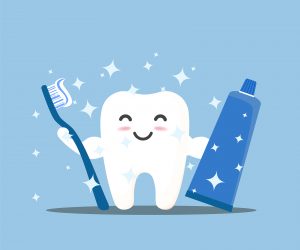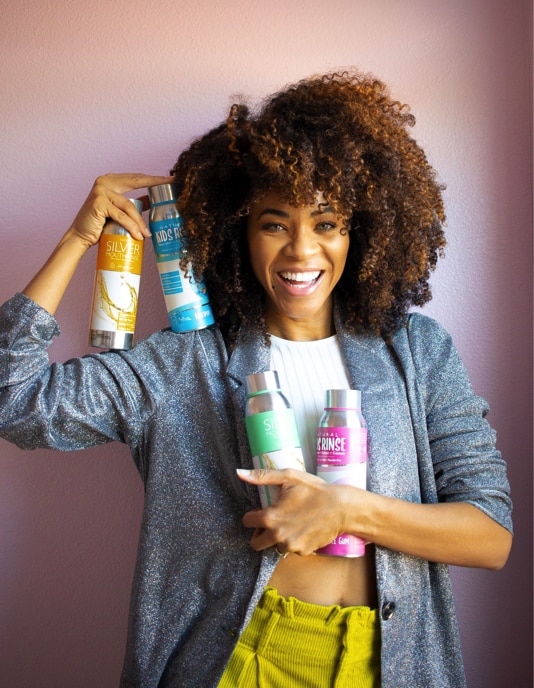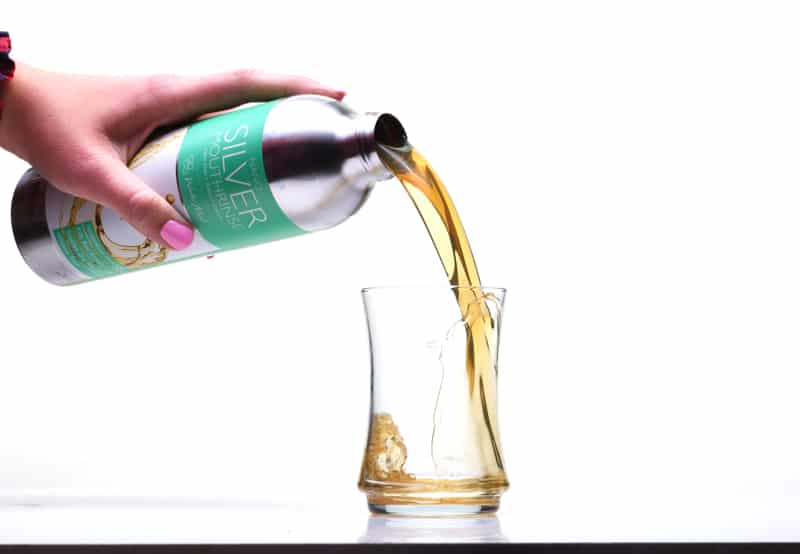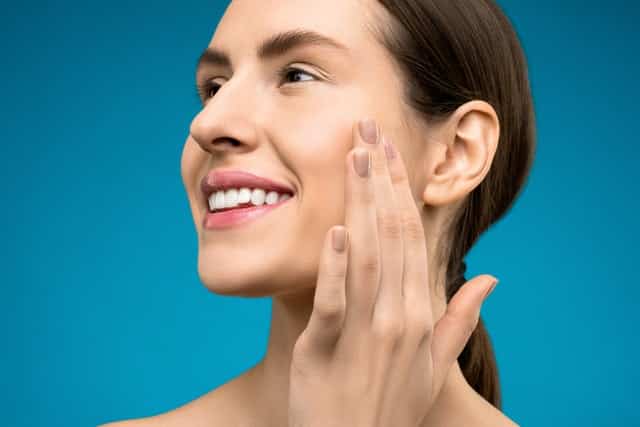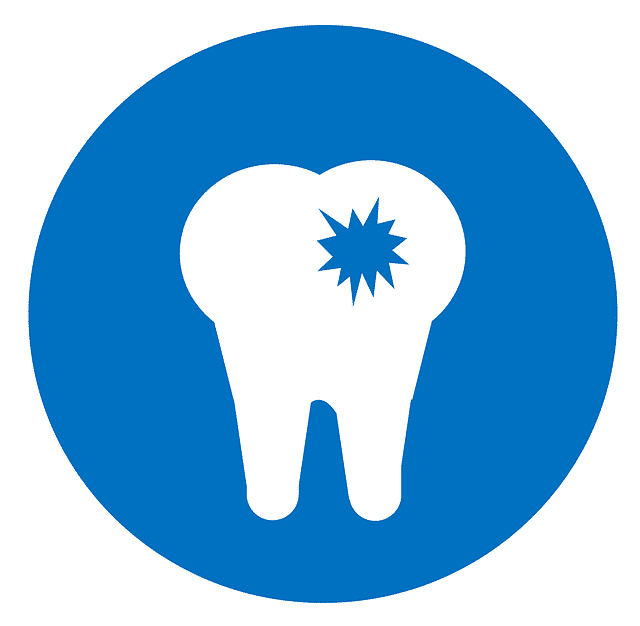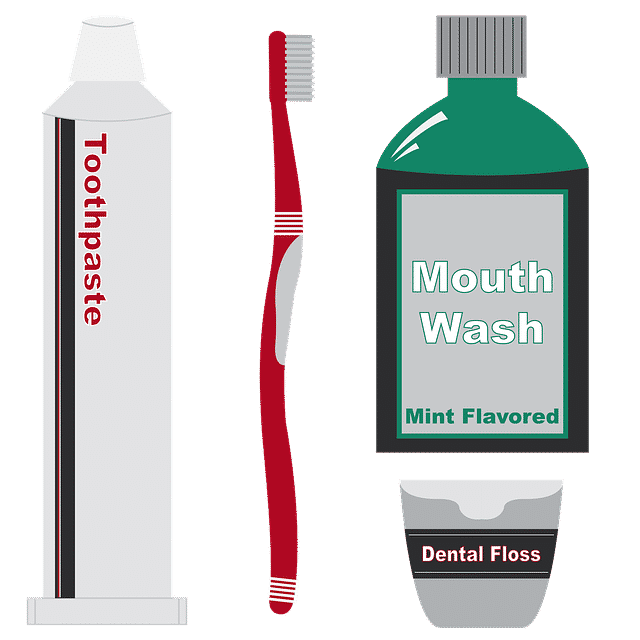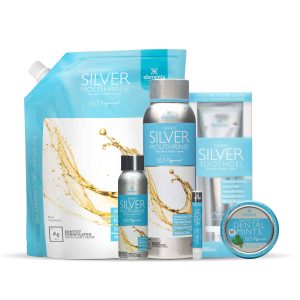
If you’re currently looking for a better way to care for your oral healthcare needs, you should consider Nano Silver mouthwash. Elementa has developed advanced dental care products to give customers a better way to improve their oral health daily.
This revolutionary Nano Silver formula effectively prevents cavities and bacteria found in the mouth. It’s a better and more effective way to prevent tooth decay, bad breath, and more.
Nano Silver has Zero Harmful Ingredients
Don’t let misinformation confuse you. Contrary to some beliefs, Nano Silver natural mouthwash has zero harmful ingredients. In many cases, people confuse Nano Silver with colloidal silver. These two elements are completely different.
Colloidal silver has much larger particles and is produced with questionable methods. In contrast, a Nano Silver particle is measured between 1-100 nanometers in size. Unlike the larger colloidal silver products, which can vary greatly in size, our Nano Silver is consistent in size and created with plant compounds to ensure it’s biocompatible with the human body and the environment inside the mouth.
Colloidal silver can be dangerous because it isn’t highly regulated, and not all manufacturers source their colloidal silver in the same manner. These inconsistencies leave users vulnerable to toxicity issues, whereas Nano Silver doesn’t pose those dangers.
When you use Elementa dental rinse, you can be assured that it’s a completely safe mouthwash. It balances the acidity in the mouth to prevent decay, and it’s specially designed by dentists to prevent moisture loss in the mouth, which leads to bad breath.
Nano Silver Immediately Neutralizes Oral Acid and Kills Bacteria
As mentioned, Nano Silver neutralizes the acid found in the mouth. A highly acidic environment encourages bacteria to thrive. This is especially true when there is a lack of moisture in the oral cavity. When you use our antibacterial mouthwash products from Elementa, you immediately neutralize the acids found in the mouth, killing the bacteria on all surfaces.
Keep in mind that the most significant contributor to cavities and oral health issues is the acidity in the mouth. Up to 92% of cavities result from unchecked acidity levels. When you use Elementa natural mouthwash and nano-infused products, you can control the acid environment in your mouth and help prevent decay and other bacteria-related issues.
Remineralizes Your Teeth Two Times Faster Than Fluoride
Remineralizing your teeth helps to ensure they stay strong. The enamel of your teeth helps protect the soft and sensitive dentin underneath. Enamel is a barrier of minerals and calcium exposed to the acids in your mouth.
Over time, this acid wears down that protective barrier and begins to erode the center of the tooth. Without proper care, some people develop multiple soft spots and cavities that compromise the integrity of their teeth. This is why we have developed a safe antibacterial mouthwash to prevent this from happening.
We Offer a Full Routine Selection of Nano Silver Products
We are excited to provide a complete line of Full Routine Oral Care products to better solve the age-old problem of mouth acidity, decay, and bacteria. All of our products are safe to use and will help you look your best.
Advanced Dental Care Mouth Rinse
Our advanced dental care line includes a highly effective Nano Silver dental rinse that is perfect for maintaining your oral health. Unlike traditional mouth rinses, we provide an alcohol free mouthwash instead of relying on a burning sensation to let customers know it’s working.
You know that burning sensation that accompanies your typical mouthwash? That burning sensation isn’t a sign of effectiveness. The burning just means that your mouthwash is irritating sensitive tissues and drying out the mouth.
Elementa’s natural mouthwash is an excellent alternative to other natural mouthwash products. It’s highly effective, doesn’t burn, and won’t cause dry mouth. Our antibacterial mouthwash neutralizes all the acids in your mouth, not just to the top layer, and destroys bacteria that cause odor.
4 oz Tooth Gel
Another great Elementa product is the 4 oz tooth gel infused with Nano Silver. It’s a fluoride-free toothpaste alternative that’s not abrasive and really works.
There are four great flavors, including:
- Winter mint
- Peppermint
- Honey Sweet
- Cinnamon Clove
This product is an ideal toothpaste substitute and provides 5-in-1 active ingredients. It doesn’t harm sensitive tooth enamel, and it’s cruelty-free and vegan. There are no dangerous chemicals or burning additives. It effectively cleans teeth and soothes a dry mouth.
Full Routine Bundle
We offer convenient and fun full routine bundles and teeth cleaning kits for those who are serious about improving their oral health. Included in this bundle are the following.
These bundles come in various flavors, including honey-sweet fruit mashup with coconut cream and bubble gum. There’s also winter mint and peppermint. You can opt to go with just a peppermint bundle too, and finally, cinnamon clove and cherry bomb. These fun and delicious flavors make caring for your mouth easy and tasty.
Other Great Products
We also carry an assortment of other great products to choose from, including our 20 oz kid’s mouth rinse that is also infused with nano silver. It’s great for giving your children a great start with their oral care routine.
Our antiviral lip balms come in a wide variety of flavors and are ideal for zapping cold sores and more. This natural lip balm is made from 5 natural elements and is also infused with our incredible nano silver technology. Since nano silver is naturally antiviral and antibacterial, it’s a fast and effective way to control flare-ups and other problems around the mouth and lips.
And finally, our dental mints are designed to keep your mouth’s PH higher in between brushing throughout the day to preserve your teeth and keep your breath fresh. They are the best breath mints out there today.
